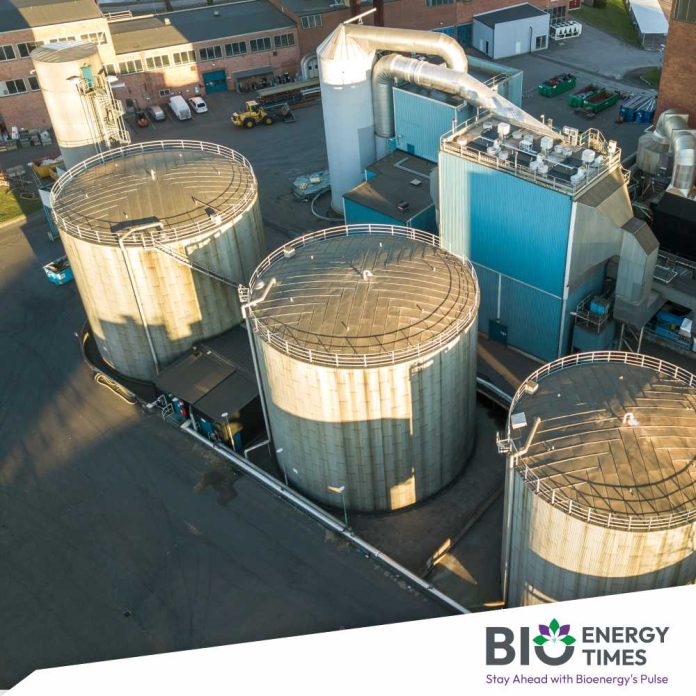The biogas market is expected to grow at a compound annual growth rate (CAGR) exceeding 4.2% from 2024 to 2032, according to GM Insights. Governments worldwide have implemented supportive policies such as subsidies, tax incentives, and renewable energy targets to promote biogas technology adoption. Heightened awareness of fossil fuel environmental impacts and the imperative to reduce greenhouse gas emissions has further boosted demand for biogas as a clean, sustainable alternative.
Dubai Municipality has made significant investments in a biogas plant at the Warsan sewage treatment facility to reduce carbon dioxide emissions, aligning with the Dubai Clean Energy Strategy 2050. The UN-Energy Plan of Action Towards 2025, unveiled in May 2022, reaffirmed commitments made at a high-level meeting, charting a global roadmap for energy access and transition by 2030, while contributing to achieving net zero emissions by 2050.
Advancements in anaerobic digestion technology, such as enhanced digester designs and process optimization, have bolstered the efficiency and scalability of biogas plants. Integration of biogas production into waste management systems has gained traction as a sustainable solution for organic waste treatment, driven by industries and municipalities seeking cost-effective and eco-friendly waste disposal methods. This trend underscores biogas technology’s role in market expansion.
In Europe, the food and beverage industries are investing in food waste management to achieve a zero-waste economy. Companies like Nestle, PepsiCo, and Unilever are directing food waste to biogas production, contributing significantly to the region’s biogas market, which held a 41.81% revenue share in 2021.
The biogas industry is segmented by substrate, size, technology, process, application, and region. The sewage sludge segment is expected to experience notable growth through 2032, driven by increasing demand for sustainable waste management solutions amid urbanization and wastewater treatment needs. Technological advancements in anaerobic digestion have enhanced the viability of converting sewage sludge into biogas, appealing to municipalities and wastewater treatment plants aiming to lower disposal costs while generating renewable energy.
The commercial and industrial segment is projected to generate substantial revenues from 2024 to 2032, driven by a focus on sustainability and carbon footprint reduction. Biogas offers economic benefits such as potential energy cost savings and revenue opportunities through incentives or renewable energy certificates, making it an attractive investment for commercial and industrial entities.
Europe’s biogas industry is set for significant growth through 2032, buoyed by stringent environmental regulations and renewable energy targets. Robust frameworks of subsidies and incentives support the development of biogas projects, while ongoing technological innovations and collaborations enhance production efficiency and grid integration. Increasing public awareness of climate change and the shift towards sustainable energy sources will further stimulate regional industry expansion.















